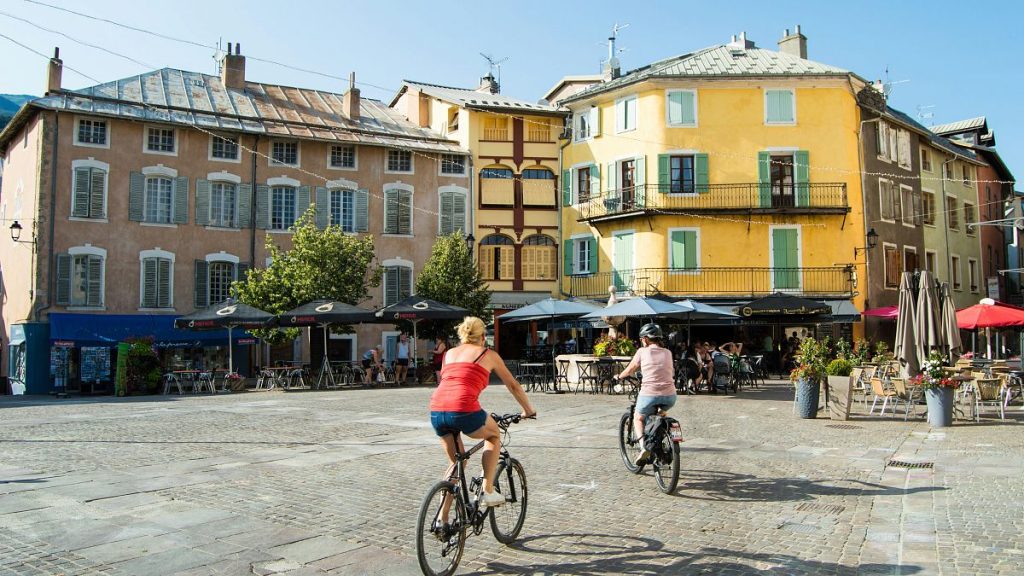The burgeoning tourism industry, while economically beneficial, has often exerted undue pressure on destinations, prompting authorities to implement restrictive measures. Rather than solely relying on penalties for undesirable behavior, a growing number of locations are exploring incentive programs that reward environmentally conscious and responsible tourism. These initiatives aim to encourage a shift in tourist behavior, promoting sustainable practices that benefit both the environment and the local communities.
One such initiative is the CopenPay program, piloted in Copenhagen during the summer of 2024. This program incentivized eco-friendly practices by offering rewards for utilizing public transport, cycling, walking, participating in litter collection, and volunteering at urban farms. Tourists could present proof of their green activities, such as train tickets or cycling selfies, through the CopenPay app and redeem rewards like free coffee, ice cream, discounted museum entry, and even kayak tours. The success of this pilot project has paved the way for its potential expansion in the coming year, demonstrating the viability of rewarding responsible tourism.
The Faroe Islands, recognizing the potential of tourism as a force for good, launched the “Closed for Maintenance” program in 2019. This innovative initiative involves closing popular tourist sites for a weekend and inviting volunteers, or “voluntourists,” to participate in maintenance activities like trail repairs and signpost installations. While the rewards may not be monetary, the experience offers invaluable opportunities for cultural exchange, fostering connections with locals and like-minded travelers, while contributing directly to the preservation of the islands’ natural beauty. This program showcases the potential of tourism to actively participate in conservation efforts.
Normandy, France, implemented the “tarif bas-carbone” (low-carbon tariff) program in the spring of 2024, offering discounts on cultural attractions to travelers utilizing eco-friendly transportation. Tourists arriving by train, bus, or bicycle could claim at least a 10% discount on entry fees by presenting their travel tickets or a photograph of their bicycle. This initiative encourages sustainable transportation choices while simultaneously promoting cultural tourism, demonstrating a synergistic approach to responsible tourism.
Alpine ski resorts like Morzine and Via Lattea have also joined the movement, offering incentives for travelers arriving by train. Morzine provided discounts on lift passes, lessons, equipment rentals, and massages, while Via Lattea offered substantial discounts on ski passes to those arriving by Trenitalia, the Italian state railway. These initiatives aim to reduce the environmental impact of travel to these popular destinations by encouraging the use of public transport, a key factor in mitigating the carbon footprint of tourism.
These examples illustrate a growing trend in the tourism industry, shifting from punitive measures to positive reinforcement. By rewarding responsible behavior, these destinations are not only encouraging sustainable practices but also fostering a more positive and collaborative relationship between tourists and the places they visit. This approach recognizes the power of incentivization to drive change, promoting a more conscious and sustainable form of tourism that benefits both the environment and local communities. The success of these initiatives could serve as a model for other destinations seeking to manage tourism’s impact and foster a more sustainable future for the industry.














